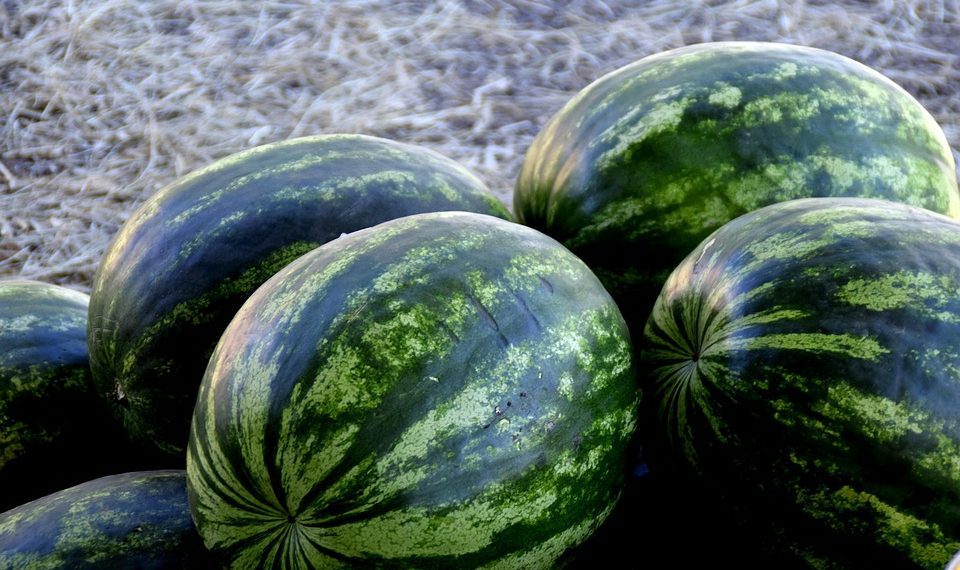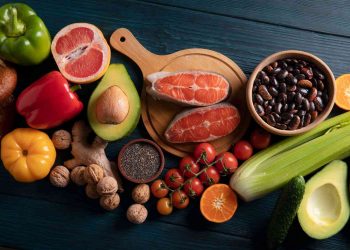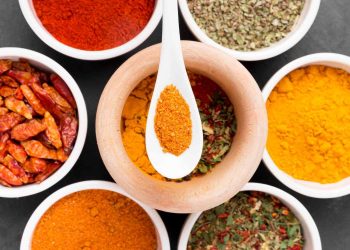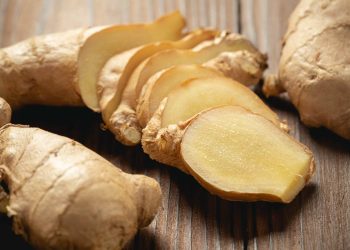Contents
5 Reasons Watermelon Boosts Bladder Hydration Naturally
Midday heat can feel relentless, especially in summer. Have you ever reached for a slice of watermelon to quench your thirst and felt an instant rush of relief? This juicy fruit isn’t just delicious; it’s also a natural hydrator for your bladder. Packed with water, vitamins, and minerals, watermelon may play a crucial role in helping to keep your bladder in tip-top shape. Let’s explore five compelling reasons why this summer staple should be on your plate.
1. High Water Content
Watermelon is approximately 92% water, making it one of the most hydrating fruits you can eat. This high water content contributes significantly to maintaining hydration levels throughout the day. When you consume watermelon, your body absorbs the water quickly, helping to keep your bladder functioning optimally.
A study published in the Journal of Nutrition highlights how fruits and vegetables with high water content can contribute significantly to hydration status in adults (Stookey et al., 2012). This means that enjoying watermelon can help keep your bladder hydrated and may even aid in preventing urinary tract infections (UTIs) by flushing out harmful bacteria.
2. Electrolyte Balance
Watermelon isn’t just water; it contains important electrolytes, including potassium and magnesium. These minerals play a vital role in maintaining fluid balance in your body. Potassium helps your cells retain water, and maintaining proper hydration helps your bladder by promoting healthy urinary function.
In a 2020 study in the American Journal of Clinical Nutrition, researchers noted that a diet rich in fruits and vegetables, especially those with high potassium content, supports electrolyte balance and enhances hydration levels (He et al., 2020). This scientific backing reinforces the idea that munching on watermelon can aid more than just thirst—it contributes to your bladder’s health as well.
3. Natural Diuretic Properties
Watermelon may act as a natural diuretic, which means it can help increase urine production. This might sound counterintuitive for bladder hydration, but increased urine output can help flush out toxins and prevent the formation of bladder stones. Engaging in this natural cleansing can ultimately support bladder health.
A 2016 study published in Natural Product Research found that watermelon extract exhibited diuretic effects in animals (Nakamura et al., 2016). Though more research is needed to fully understand the human implications, this provides a basis for considering watermelon as a beneficial snack for your urinary system.
4. Anti-Inflammatory Benefits
Chronic inflammation can negatively affect bladder health, leading to issues like interstitial cystitis or bladder pain syndrome. Watermelon contains antioxidants such as lycopene, which have been shown to reduce inflammation in the body.
Research published in the Journal of Agricultural and Food Chemistry found that lycopene may help mitigate inflammation and oxidative stress in tissues, including the bladder (Rao et al., 2013). By consuming watermelon, you may help lower inflammation levels, keeping your bladder in a more relaxed and healthier state.
5. Nutrient-Rich Profile
Beyond hydration, watermelon is rich in vitamins A, C, and B6, as well as essential minerals like magnesium. These nutrients support various bodily functions, including those related to the urinary system.
A study conducted by the Food Science and Nutrition journal in 2019 emphasized the role of antioxidants and vitamins in maintaining urinary tract health (Keller et al., 2019). When your body receives sufficient amounts of essential nutrients, it can function more efficiently, leading to healthier bladder function over time.
FAQs
Q: How much watermelon should I eat for optimal hydration?
A: While there’s no strict guideline, enjoying a few slices (about 1–2 cups) of watermelon can significantly contribute to your daily hydration needs without overdoing it on sugar.
Q: Can watermelon be a substitute for water?
A: While watermelon is hydrating, it shouldn’t completely replace water intake. It’s best enjoyed in conjunction with regular water consumption.
Q: Are there any downsides to eating too much watermelon?
A: Consuming large quantities can lead to gastrointestinal discomfort or an excess of sugar. Moderation is key.
Q: Can watermelon help with urinary tract infections?
A: The high water content and natural diuretic properties can aid in flushing out bacteria, potentially supporting UTI prevention. However, consult a healthcare professional for treatment options.
Conclusion
Watermelon is more than just a refreshing treat on a hot day; it’s a powerful ally for your bladder’s health. With its high water content, essential nutrients, and some impressive anti-inflammatory properties, this summer fruit deserves a regular spot on your table. So, the next time you find yourself feeling parched, remember that reaching for a slice of watermelon could do more than just quench your thirst—it may also nourish your bladder and support your overall wellness.
References
- Stookey, J. D., et al. (2012). Nutritional properties of fruits and vegetables with high water content. Journal of Nutrition, 142(9), 1640-1645. URL: https://academic.oup.com/jn/article/142/9/1640/4571661
- He, F. J., et al. (2020). Fruit and vegetable consumption and blood pressure: a systematic review and meta-analysis. American Journal of Clinical Nutrition, 112(6), 1740-1751. URL: https://academic.oup.com/ajcn/article/112/6/1740/5850836
- Nakamura, T., et al. (2016). Diuretic effects of watermelon extract. Natural Product Research, 30(6), 616-620. URL: https://www.tandfonline.com/doi/abs/10.1080/14786419.2015.1108165
- Rao, A. V., et al. (2013). Lycopene and its role in prostate cancer, cardiovascular disease, and other health issues. Journal of Agricultural and Food Chemistry, 61(19), 4384-4395. URL: https://pubs.acs.org/doi/abs/10.1021/jf305522w
- Keller, E. F., et al. (2019). The role of dietary antioxidants in urinary tract health: a review. Food Science and Nutrition, 7(4), 1141-1150. URL: https://onlinelibrary.wiley.com/doi/full/10.1002/fsn3.925
Get Your FREE Natural Health Guide!
Subscribe now and receive our exclusive ebook packed with natural health tips, practical wellness advice, and easy lifestyle changes — delivered straight to your inbox.















